China's Hong Kong Special Administrative Region (HKSAR) maintained fourth place in the 33rd edition of the Global Financial Centres Index (GFCI) Report published on Thursday, which experts said is a reflection of the city's strengths and advantages as a leading global financial center, despite global challenges.
The GFCI Report is released in March and September every year, and has been produced since 2007. In GFCI 33, 120 financial centers were assessed and the HKSAR ranked fourth globally with an overall rating of 722.
Backed up by the Central government's support, the city has played the role of being a bridge for international investors to grasp booming market opportunities in the mainland, experts said.
Hong Kong's rankings in the four areas of business environment, infrastructure, financial sector development and reputation rose by two places as compared with the previous issue, reflecting Hong Kong's advantages as a leading global financial center, an SAR government spokesperson said in a statement on Thursday.
Compared to the assessment by financial industry practitioners from other major financial centers on the prospects of the cities in which they were based, practitioners based in Hong Kong were the most confident about the future competitiveness of the city as an international financial center, the spokesperson said.
In view of the intense international competition, the SAR government has adopted a more vigorous and proactive development approach to press ahead with institutional enhancements and policy innovations as well as boosting promotion and publicity for Hong Kong's full return to normalcy, according to the statement.
Such efforts aimed to consolidate the city's strengths and continuously enhance the competitiveness in the international financial market.
Liang Haiming, chairman of the China Silk Road iValley Research Institute, told the Global Times on Thursday that the Hong Kong market, as the only international market that can invest in opportunities in the Chinese mainland, has unique advantages.
The international financial community investing in the mainland companies listed on the Hong Kong Stock Exchange is equivalent to investing in the Chinese mainland market, so as to share the huge dividends brought about by the steady economic development of the mainland, Liang said.
In recent years, the Chinese mainland has strengthened and improved financial supervision, deepened financial system reform, smoothly resolved the risks at small and medium-size financial institutions, and avoided systemic financial risks, providing a solid foundation for Hong Kong's financial stability, said Li Chen, associate professor at the Chinese University of Hong Kong and a member of the Chinese Association of Hong Kong & Macao Studies.
Moreover, more efforts have been made by the city's government to promote its international financial influence. For example, the HKSAR is set to host the Wealth for Good summit on Friday, demonstrating Hong Kong's unique strengths in drawing global family offices to establish their businesses there.
Thursday's ranking report came amid wide discussion about whether international capital fleeing from the US following the bank crisis will land in Hong Kong.
The Hong Kong Monetary Authority (HKMA) said that the exposure of the local banking sector to Credit Suisse is insignificant and the city's banking sector remains resilient.
In terms of the capital inflows, an HKMA spokesperson told the Global Times in a statement on Wednesday that "Hong Kong handles capital inflows and outflows arising from different sorts of business needs on a regular basis."
Liang said that Hong Kong will consolidate and expand its position as an international financial center.
By actively integrating into the mainland market, the SAR can enjoy the opportunities and dividends brought about by the nation's stable development, the expert said.
The HKSAR spokesperson also noted on Thursday in the statement that Hong Kong "will give full play to connecting markets and investors of the mainland and overseas, serving our country's needs."











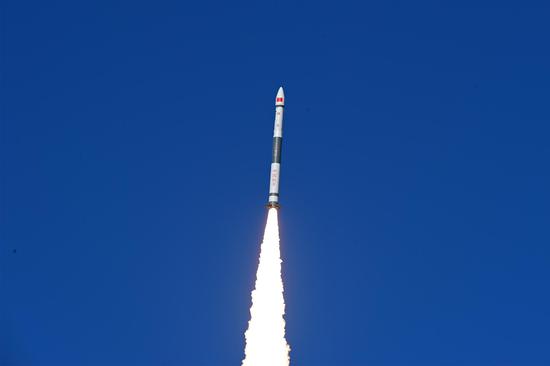




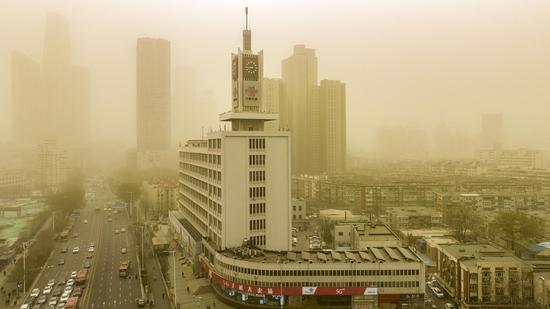
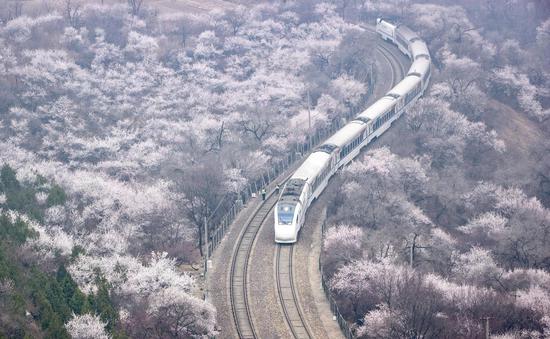
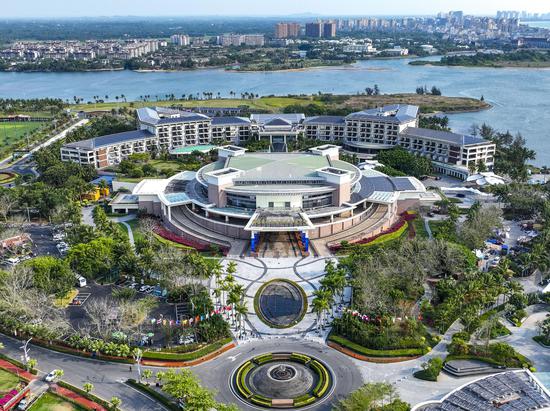



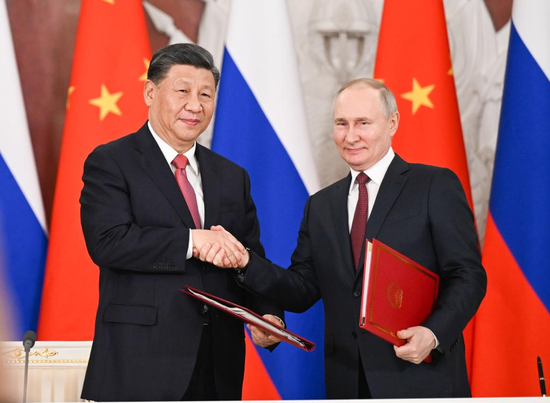


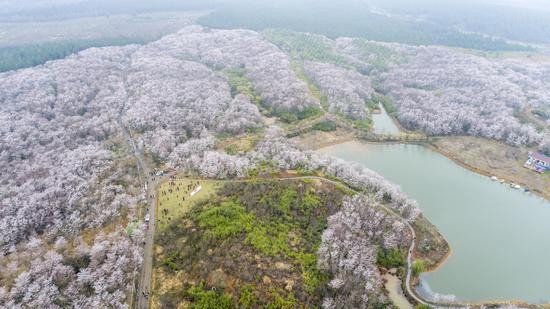


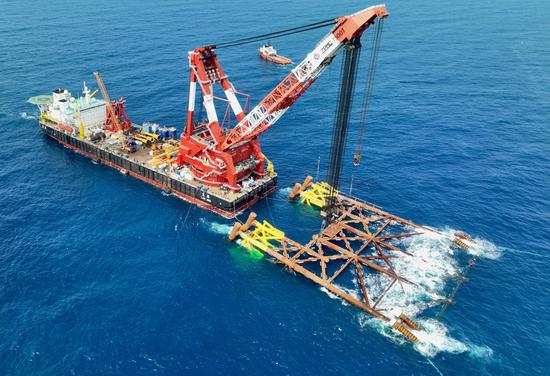



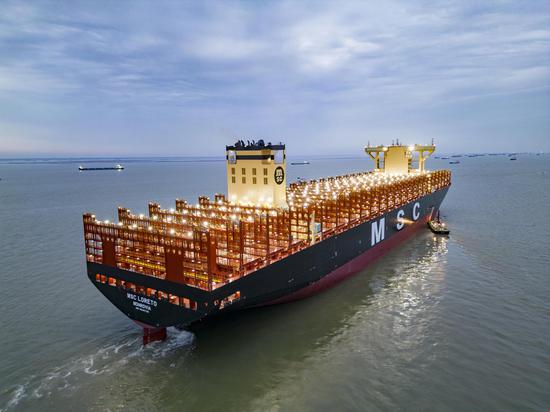
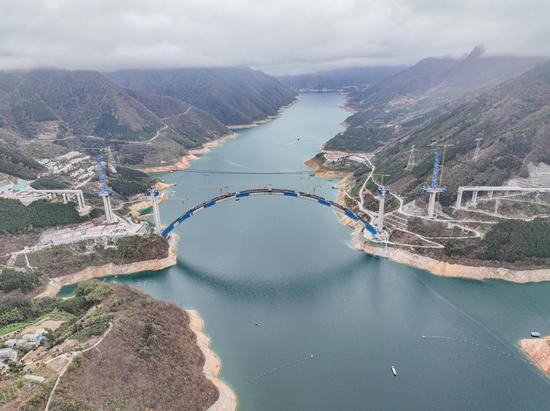


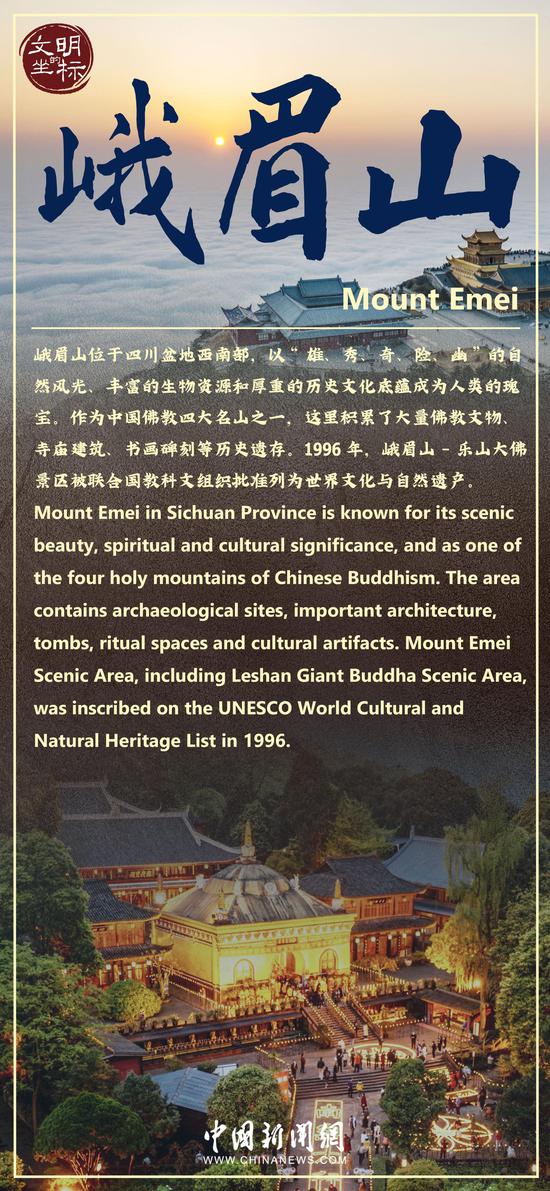
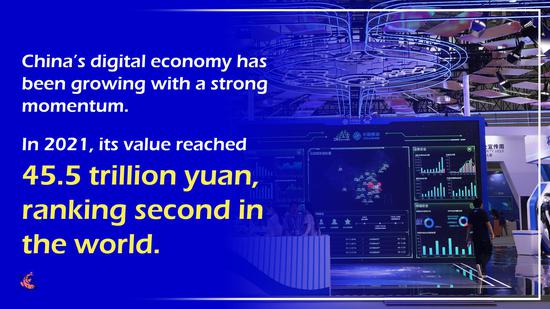

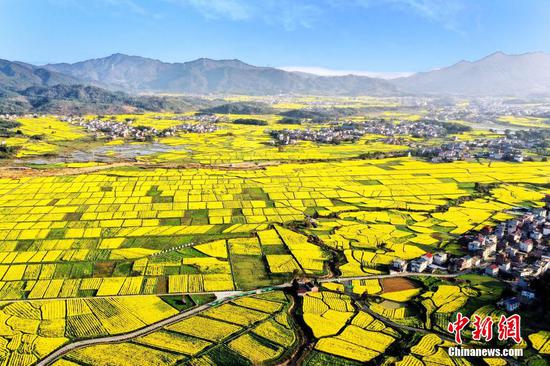
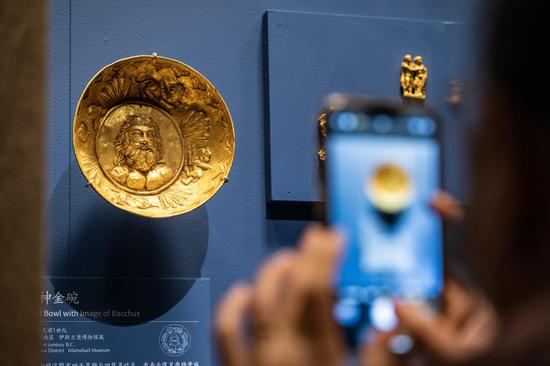
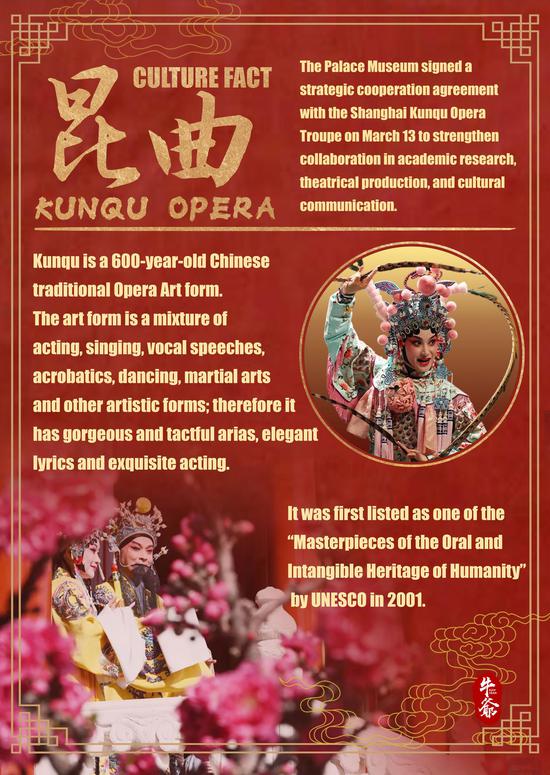

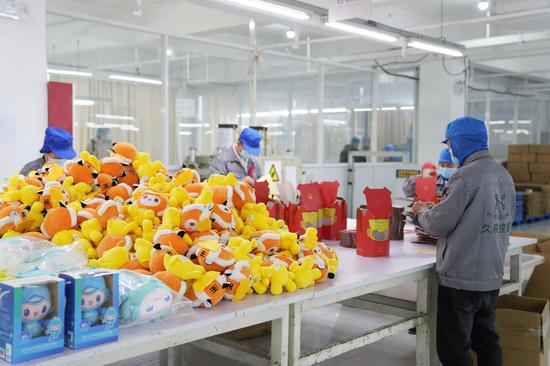
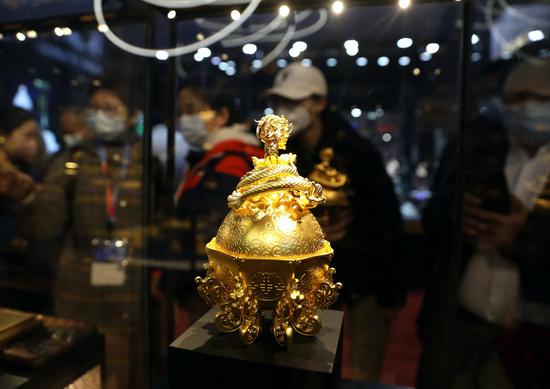





 京公网安备 11010202009201号
京公网安备 11010202009201号